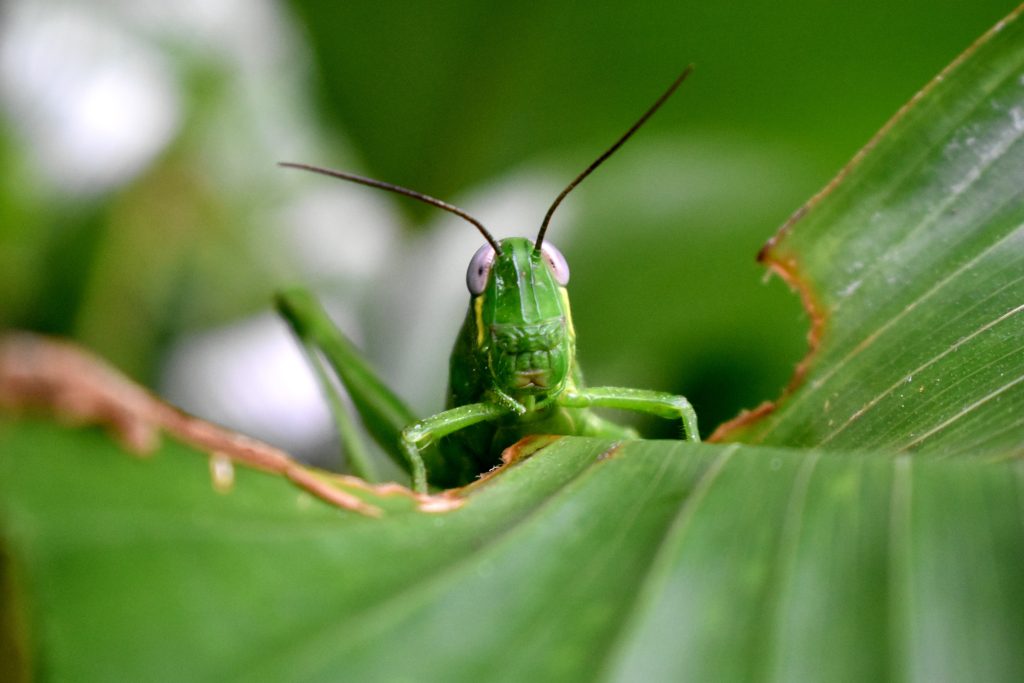
I’m not vegan. I flew home last month. I threw away a plastic bottle. Am I a bad person?
As of right now, our planet is NOT on track to limit global warming to 1.5°C. And yes, we’ve all played a part in this. That trip to Greece last summer? Not a good choice mate. But that doesn’t mean it’s too late to change.
In light of the COP26 that took place in Glasgow this year, let’s have a look at how feasible the 1.5°C temperature rise limit really is, and how we as students are the best people to make that change and save the earth through our eating habits. According to UNEP’s six-sector solution, we can reduce up to 29-32 gigatonnes (GT) of CO2e by 2030, enough to limit temperature rise to 1.5°C. How? By eating bugs. No seriously; reducing food loss and waste, and switching to more sustainable diets can account for up to 2GT per year! And isn’t university all about new experiences and living life to its fullest?
Here’s a challenge for you: entomophagy, AKA the practice of eating insects. I dare you to go a week without snacking on crisps, popcorn, jerky, etc. and instead explore the delicious crunch of an arthropod. Crickets with guacamole, microwave mealworms, or even grasshoppers with your cocktail instead of shrimp. And if you’re here thinking Ewwww I don’t like bugs, you can look at it this way: this is your time to get revenge on that horrible moth that kept you awake last night.
If the prospect still doesn’t appeal to you though, there’s other ways in which you can make your diet more sustainable; besides the obvious vegan and vegetarian choices, you can start by cutting out red meat (mostly beef and lamb) and any processed meat — say goodbye to hot dogs, ham and cheeseburgers and say hello to lentils, chickpeas and hemp seeds. Cheese isn’t great either; as the 3rd highest food greenhouse emitter due to it’s high milk requirement, you might want to opt for less-dense products such as cottage cheese, which demand less milk to produce, or even vegan cheese replacements out of coconut.
In addition, other food you might want to experiment with is quinoa, tofu, nuts and…drumroll please…peanut butter! Finally some good news, right? Peanuts are an incredibly sustainable crop; not only do they require very little water, but they also have nitrogen-fixing properties and are known to reduce soil erosion when included in crop rotation. Let’s go make that PB&J sandwich then!
Oh and one last thing: stop wasting food. It sounds so easy, and yet 440 million sausages go to waste every year in the UK. Not only is that food wasted, but also is it produced, processed, transported and later on disposed of, generating a terribly high carbon footprint for itself. Think of all the cute little pigs that gave their lives for that, and remember them next time you go shopping and are tempted to buy that extra large pack of chipolatas.
Photo by Eka P. Amdela on Unsplash
